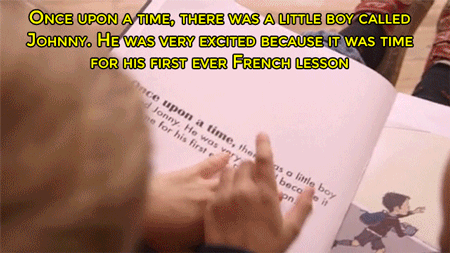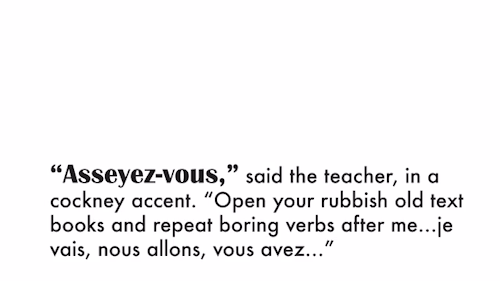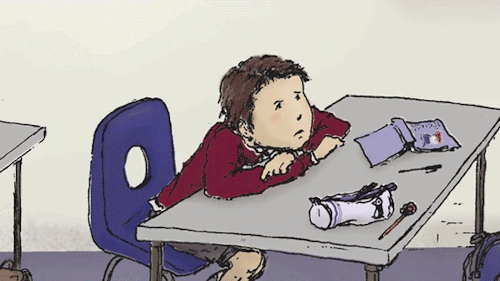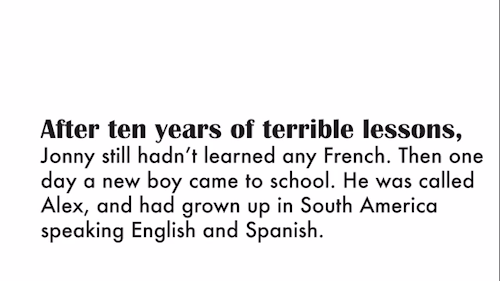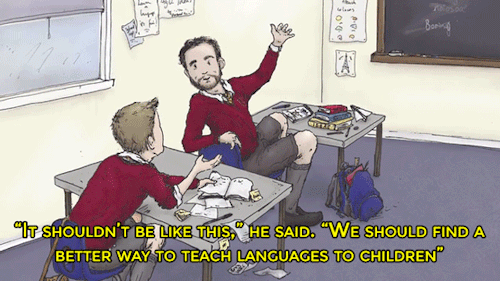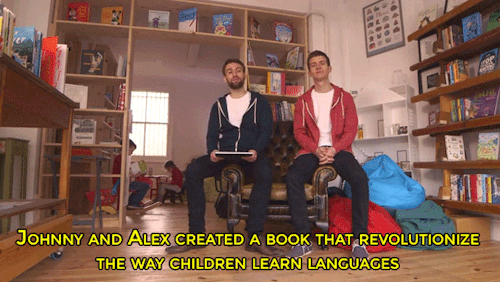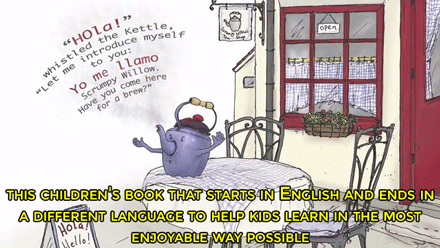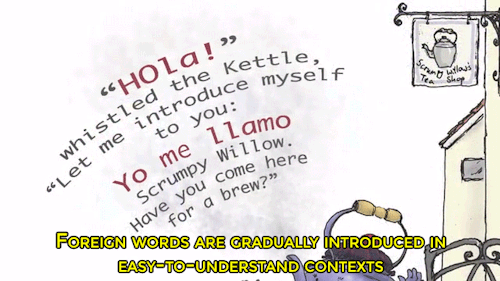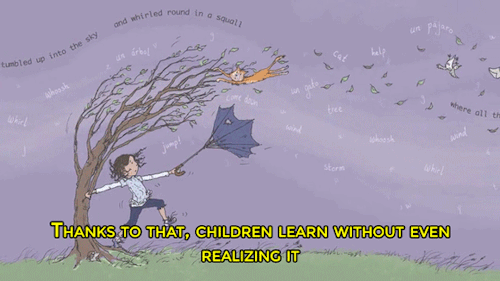Keep Up The Good Work Guys

Keep up the good work guys
More Posts from Thecaffiend and Others
I Held a Swastika.
Part of my hospital chaplaincy duties is to write a reflection on how it’s going. Identities may be altered for privacy. All the writings are here.
—
The nurse told me that the patient, Willard, had taken a bite out of another nurse. He had swung at one of the doctors and thrown urine at a surgeon. Willard had multiple organ failure and he couldn’t walk; he kept demanding to go home. “Get me a wheelchair, I’ll flop in and ride over you people.” The staff kept trying to get him to stay, to get treated, despite his violent non-compliance: because nurses and doctors have the guts to look past that stuff.
They called for a chaplain to ask about Willard’s family members, to see if anyone could pick him up when he was discharged. I was the lucky chaplain who took the order.
When I walked in, I immediately noticed the patient had a tattoo of a heart on his hand, near the inner-fold of his thumb, with a swastika in the middle of the heart. The cognitive dissonance was startling. Not “I love mom” or his wife’s name, I thought, with a bit of snark. But hate in your heart. Very subtle.
“He’s one of those, you know, angry old fogeys,” the nurse had whispered right before I walked in. The nurse was a Middle Eastern man, about my age, and I couldn’t imagine the awful things he had to go through with this patient the last few days.
My eyes locked on the swastika first. The symbol held a terrible place in my memory: when I was a kid, someone had spraypainted a red swastika next to the front door of my dad’s business. Though my dad had tried to paint over it, I could still see it on hot summer days, a scar on the wall and a scar in my head, a mad throbbing declaration of all the world’s ugliness dripping in crimson. I still dream about it sometimes, and in the dream I’ll peer down at my wrists, which are engraved with the same red marks down to the veins.
The patient, Willard, saw me and said, “Thank God, a chaplain, finally someone who can hear me.”
But I don’t want to hear you, I thought. And a sick part of me also thought, You deserve this. I hope you never leave. Then you can’t hurt anyone out there.
He said, “Look, I see your face, I’m not trying to hurt anybody. You get it? I just want to go home. Fetch me a f__ing wheelchair, would you?.”
Willard got louder. He clenched his fists and waved them around. It was rather sad to see someone so animated and aggressive while pinned down to a bed, like the blanket had eaten his lower half and he was trying to crawl out. “Come on, I told you people that I wouldn’t hurt nobody. I got a dozen things wrong with me, I’m not a danger to you, I want to go home and to die in peace. You hear me? I’m ready to go home and die.”
He went on like this for over a minute. That’s a long time to stand there and let someone monologue with escalating hysteria. He dropped more f-bombs and jabbed a finger at me and tried to point at the whole hospital. His voice got so loud that I was worried about the patients nearby, and that maybe the nurse would call security, or that Willard himself would keel over. At several points it looked like he wanted to hop out of the bed and punch my ankles. The strange swastika-heart tattoo flashed before me like a flag on fire.
I had half a mind to leave. I didn’t have to stay. I didn’t want to stay. I kept looking at that swastika. I kept thinking he deserved to be here, to be sick and sorry and helpless.
When Willard stopped talking for a moment, I said the only thing I could think of.
“I’m sorry, Mr. Willard. It sounds like you have a lot going on and it’s been really hard for you.”
He said, “Yes, yes it’s been hard. I swear, I’m not a bad person.” And he burst into tears.
Just like that, his face flipped from anger to grief, and his entire body melted into the bed. Just a broken down old man, crying.
Then he motioned so I could hold his hand. He needed me to hold that hand.
For a second, I stood there, confused and bewildered and infuriated. This is not okay, I thought. You’re everything I hate about the world. Why would you think this is okay?
I pictured two of me, one turning about face and never looking back and absolutely unable to endorse what this guy stood for, and the other me stepping forward in an ostensible betrayal of my deepest values, of my father, of that little child who had to ask why someone would paint such a dirty symbol of hatred over us. I remembered going with my dad to buy new paint, his face set and smiling and determined to be better than this, to make it in a harsh, lonely country that never fully welcomed him, but that he welcomed anyway, because he dared to believe in bigger dreams than the ones that had been painted for him. And I wondered if we were ever going to make it like this, that if we walked away from each other that we would ever heal, and if maybe the very same hands that could carve such scars could also build a life through those wounds, too.
Dad, you showed me something better. You dreamed bigger. You built the dream in me.
So I stepped forward anyway.
I held that man’s hand. I held his swastika, that ugly little tattoo with the heart tattooed around it.
Willard sobbed, loudly. I asked if he believed in prayer, and he did. I prayed. When I finished, I tried to pull my hand back, but he wasn’t having it. The nurse walked in, a little alarmed, giving me that look: This guy is a real human being who cries, huh?
The nurse prepared a syringe and gave Willard a few shots. My hand was nearly crushed. Willard kept sobbing; I must’ve held his hand for fifteen minutes while he wept and wept. I was silent. No words would work here. And at some point, our hands together, I didn’t want to leave anymore. This all made sense somehow, some kind of crazy giddy exuberant kind of sense, like God or the universe or fate had aligned and unlocked and we were exactly as we were meant to be. I still wasn’t entirely comfortable, and I wasn’t okay with all this man represented: but I pictured a river breaking through, breaking up our old walls and taking down the guard-posts and making the roads new. I wish I could describe the lightness in my being right then, a kind of diffused outwardness from my elbow to my fingertips, like my arm was stretching with a pulse. We were painting something different, maybe for our first time. I didn’t think this made the “bigger person,” because I had every instinct to leave, and there were plenty of times I had failed at this before. I only knew that I had to choose against myself, and choices like this matter, maybe more than the ones we want right now.
When we parted, Willard looked up at me with eyes brimming red.
He didn’t say anything. He only nodded. And inexplicably, we both laughed, just once. I don’t know why we laughed, but it was good.
Later, I told my fellow chaplain, “I have to tell you the craziest story.”
And my friend, at the end, laughed at the obvious symbolism.
“I guess you were the heart around that guy’s swastika.”
I could only nod. I was my father, painting over old scars.
— J.S.
Especially when you print a six THOUSAND page report on accident and your coworker thankfully catches it a few hundred pages into printing.
"printer" is a special box with a demon inside it
“[Keanu] Reeves said a recent conversation about “The Matrix” with a 15-year-old put things into a terrifying perspective. The actor explained to the teenager that his character, Neo, is fighting for what’s real. The teenager scoffed and said, “Who cares if it’s real?” “People are growing up with these tools: We’re listening to music already that’s made by AI in the style of Nirvana, there’s NFT digital art,” Reeves said. “It’s cool, like, Look what the cute machines can make! But there’s a corporatocracy behind it that’s looking to control those things. Culturally, socially, we’re gonna be confronted by the value of real, or the non-value. And then what’s going to be pushed on us? What’s going to be presented to us?” “It’s this sensorium. It’s spectacle. And it’s a system of control and manipulation,” Reeves continued. “We’re on our knees looking at cave walls and seeing the projections, and we’re not having the chance to look behind us.””
—
Keanu Reeves Slams Deepfakes, Film Contract Prevents Digital Edits - Variety
my favorite piece of modern art is Ai Weiwei’s Sunflower Seeds, over one hundred million hand-painted ceramic sunflower seeds made by dozens of craftsmen


I think about love sometimes. About how it’s taught and seen and felt.
I think about the ‘date nights’ and flowers and cards my parents spoke of and the rigid smiles when it went wrong. I think about the vacations and gifts and parties and how much they fought. Over the kind of flower. Over the venue. Over how hot the hotel was. Over how the party was stressful. It was hard for me to see how much they loved each other over their sighs and sharp words.
I was taught to love in grand gestures, but between each showing was a cutting bitterness that I was told was love. I watched the movies and my parents and tried to learn how to love my partner with disgust between my teeth fixed into a picture perfect smile.
We tried to love like our parents taught us and it almost broke us. Accusations hissed through clenched teeth and voices raised over clenched fists as we tried, tried so hard, to love like our parents taught us. Wilting flowers tossed in the compost and dinner dates spent in silence as we ignored each other over steak.
Love like that nearly broke us, and we had to pick up the cracked bits and figure out how to love like ourselves.
Now, I think of my partner, who was taught by his parents to kill what he did not like. I think of how he instead carefully uses a cup and paper to move a spider to a different area because he knows I love spiders, and he loves me more than he hates spiders.
I think of making homemade hot pockets for my partner, because he doesn’t like to eat in the lunch room at work and I want him to have something good he can eat by himself. He smiles so softly when he sees them cooling on the counter, and he knows I love him more than I hate to cook.
I think of him buying me radish seeds because he knows I like seeds more than flowers.
I think of me moving the wasps away from his workout area because I know they scare him.
When I think of love, I think of my partner tucking an extra twenty into my wallet when he thinks I’m not looking. I think of me mending his socks because both of us hate shopping and if I fix them, he won’t have to buy more.
We buy pizza on our anniversary if we remember it. We wait till after Valentines day to buy discount chocolate. We don’t hold hands in public, instead we bump shoulders when we pass each other in public. Brief and secret and ours.
We can’t love like our parents taught us, but I think… perhaps we love like ourselves, and that’s enough.
Made a small suite compiling some moments of Viktor’s theme that I picked up on while listening to the Arcane soundtrack (which is incredible by the way, go listen to it if you haven’t yet!) Though there are multiple repeated elements to the music in his scenes, I believe his central motif consists of the simple notes: G, F, E, D, which can be heard in each track.
You can hear it for the first time when Viktor introduces himself to Jayce in “It’s Viktor" as well as a lovely rendition of it in “The Toy Boat”, which explores the motif the most and even teases a bit of “First Steps”. The theme is later presented more tragically though in the Hexcore scenes, which continues the use of strings but also sometimes utilizes the unique addition of a man’s hum. During “Promise Me”, we also hear it with a woman’s hum.
Tracks (In Order):
“It’s Viktor”
“The Toy Boat”
“Promise Me”
“Everyone’s Gotta Play Their Part”
“Viktor and the Hexcore”
“Something I’ve Been Working On”
You can also hear his theme very faintly at the end of “I Understand Now”, which I didn’t include here.
On a side note, the music in the Hexcore scenes is so epic and tragic, I’m hoping they’re the foundation of the Machine Herald’s theme because I want to hear a lot more of it in the future.
I’m no music expert by the way, just an enthusiast. If anyone has a background in music, please feel free to add your expertise to this!
(This music obviously does not belong to me.)
“The closer rebel characters come to a definable ideology, the more likely they are to be written as villains. At the same time, the emotive aspects of rebellion - the heroism of the underdog, the thrill of fighting the power - are rendered safe for public consumption by taking out any explicit political ideology. … The effect of all this is to suggest that violence is somehow more sympathetic the less its perpetrators believe - that heroism decreases the more detailed your policy proposals get. If Luke Skywalker was fighting for galactic communism, or Daenerys intended to create a series of peasants’ councils to govern Westeros, or Harry Potter wanted to smash the Ministry of Magic and overturn wizard supremacy, we would have to confront serious and difficult questions about when political violence is appropriate, for whose benefit, and for what purposes. I don’t believe those are questions pop culture is incapable of asking. They are questions we do not want to ask.”
— Alister MacQuarrie, Outlaw Kings and Rebellion Chic (via secularbakedgoods)








THAT guy Early Morning thoughts. #pascalcampion
-
 raulgonzales17 liked this · 3 years ago
raulgonzales17 liked this · 3 years ago -
 thecaffiend reblogged this · 3 years ago
thecaffiend reblogged this · 3 years ago
